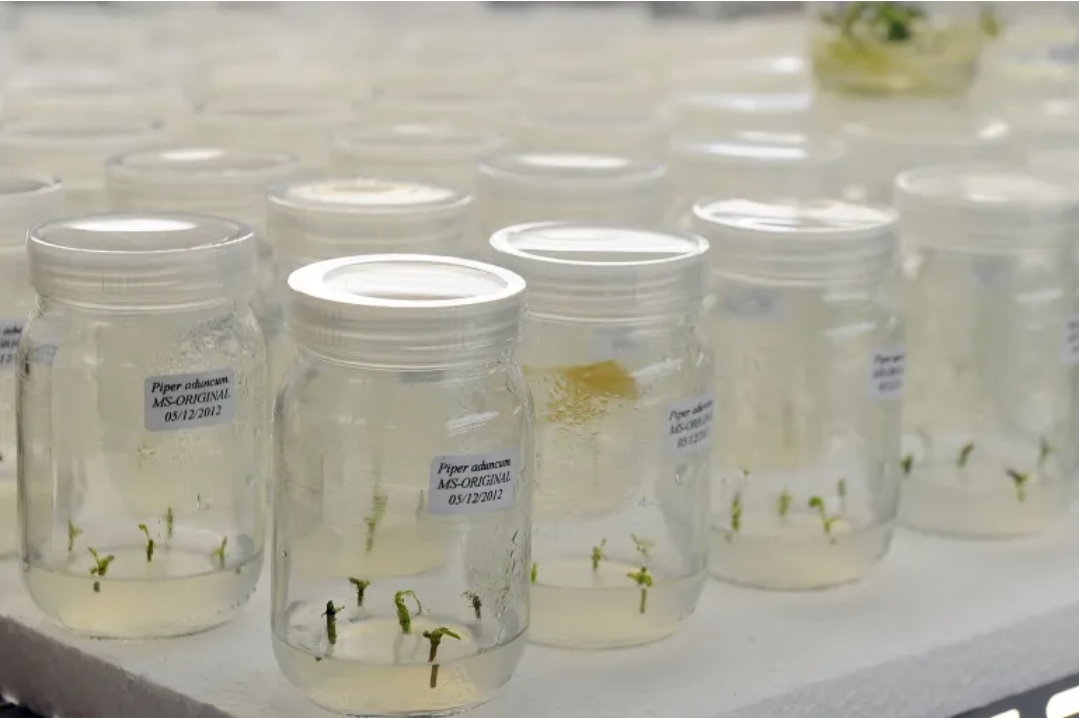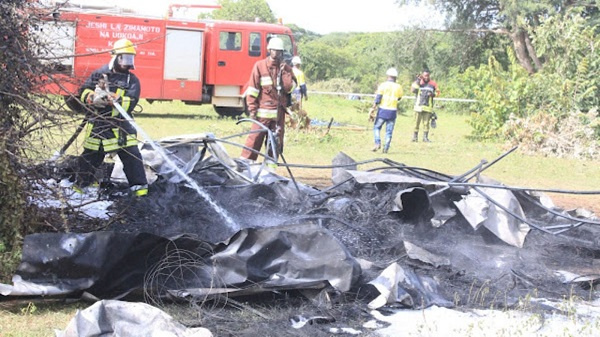African countries call for sanctions as UN nears treaty on ‘biopiracy’

The United Nations opened the debate on Monday in Geneva with a view to finalising the treaty, which aims to prevent the plundering of genetic resources and traditional knowledge surrounding them.
After more than 20 years of negotiations, the UN’s World Intellectual Property Organization (WIPO) hopes to conclude an agreement that will protect such knowledge from exploitation by enforcing greater transparency in the patenting system.
The draft treaty text says patent applicants would be required to disclose which country the genetic resources in an invention came from and who the Indigenous people are who provided the associated traditional knowledge.
While natural genetic resources, such as those found in medicinal plants, crops and animal breeds, cannot be directly protected as international property, inventions developed using them can be.
“Negotiations will not be easy,” WIPO head Daren Tang warned as the planned two weeks of talks opened. However, he suggested developing countries are on “the cusp of a truly landmark agreement”.
Disagreement
As the talks opened, the group of African countries called for sanctions to be applied on companies or countries that infringe the provisions of the treaty.
“Our group supports adequate sanctions to ensure the treaty is enforced,” said the Kenyan representative, speaking on behalf of group.
Because it is currently not mandatory to publish the origins of innovations, many developing countries are concerned patents are being granted that either circumvent the rights of Indigenous people or are issued for existing inventions.
Opponents of the treaty fear it will hamper innovation. However, proponents say additional disclosure requirements would increase legal certainty, transparency and efficiency in the patent system.
Disagreements persist, notably on setting up sanctions and the conditions for revoking patents.
Tang insisted there is no contradiction between incentivising innovation and responding to the needs of communities.
More than 30 countries have disclosure requirements in their national laws, including China, Brazil, India, South Africa, France, Germany and Switzerland.
However, these procedures vary and are not always mandatory.
“It is important to get beyond clashes that are too sterile” between the Global North and South, one diplomat told the Agence France-Presse news agency on the condition of anonymity.
“Several countries in the North have genetic resources, like Australia or France, and several countries in the South have very large laboratories and companies that use genetic resources, like India or Brazil,” the source said.





